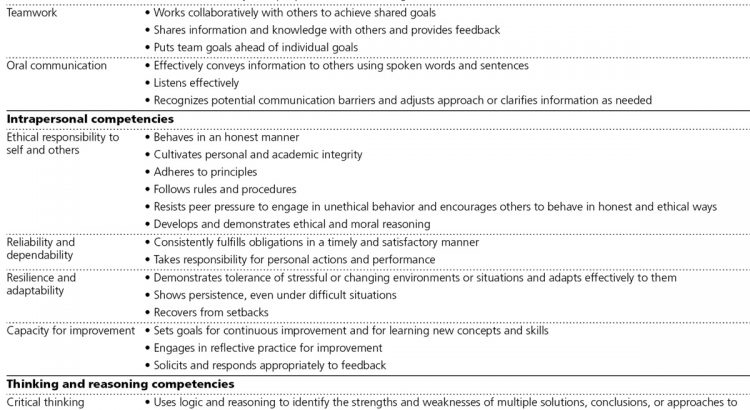I was supposed to decide when I was seventeen.
I took it because I could. By being good at studies, I mean. My father was a Doctor, and that generation of doctors were quite keen on offspring going through the same thing.
I was quite interested in the sciences, and toyed with the idea of biological research and teaching.
But ‘Medicine’ had an aura. It was prestigious, and most told me that it was ‘safe’. What I am saying is, I was so ill prepared to choose at that stage.
NEET is approaching, and many teenagers would be asking that question:
“Should I take Medicine?”
It is a difficult question to answer. Different strokes, for different folks. My meat curry is your onion masala, and all that sort of bilge.
Can we have an objective take? That is so difficult. I did an extensive literature search, and will try to sum up.
Is Medicine all that difficult?
The surprising answer turns out to be ‘yes’!
There are two ways of measuring ‘difficulty’. Some occupational experts grade professions on certain innate characteristics. For example, the need to respond to emergency situations is one. Others are, requiring to work during unconventional hours and during holidays, work that bleeds into personal life, need for constant interaction with the public, being in the public gaze, high level of responsibility, greater accountability, exposure to another person’s suffering and being responsible for the life of another person.
Medicine scores high on all these.
Another way of measuring the ‘difficulty of a job is to look at rates of burnout. What is ‘burnout’ exactly? Well, it is a type of pervasive depression brought on by the pressures of and dissatisfaction with, one’s job. It can be measured by well validated scales.
I found something surprising. Professions that involve giving direct care and service to others score high on burnout rates. Medicine and Nursing are high on the list. Even Social Workers are quite way up there. So are policemen, firefighters and similar first responders.
Contrary to popular belief, the coolest jobs with lower levels of burnout are complex jobs that don’t require dealing with other people much. These include mathematician, statistician, actuary, some types of software developers etc. Certain health professionals with very organized and orchestrated roles, like audiologists and occupational therapists don’t burn out much. But you see, family physicians have quite high levels of it.
So- Yes. Medicine is a tough job. In most countries where it is measured, levels of burnout varies from 25 percent to 50 percent of people. In India, it is something like 25 percent, while US has it at 50 percent. So, as we progress to a more developed country, Medicine is going to suck even more.
What are the skills required?
One thing is very clear. The ability to understand complex concepts and general intelligence should be preferably well above average, but that is definitely not enough. The Accreditation Council for Graduate Medical Education of the US have prepared a huge list. Only certain superpowers like X ray vision, the ability to fly and run two marathons back to back are not there on the list. Notable among those in the list are very good service orientation, social skills, cultural competence, team work, oral communication, ethical responsibility, reliability, dependability, resilience and adaptability. Whew!
Certain personality characteristics seem to help. The most important ones seem to be high resilience, high self-determination, and low harm-avoidance. Resilience is the ability to bounce back from bad things that happen to you, self determination is being driven by internal convictions and not outside rewards and low harm-avoidance is well, the ability to walk into situations that can harm your mind without batting an eyelid. I think these speak for itself.
Other things.
There are too many other things to count. You are looking at six, nine or twelve years of study and training, after which you will be stuck to being in that profession only. It is a herculean task to shift careers. This is a rapidly changing world, guys. We don’t know what is gonna happen ten years down the line. Remember that just twenty years back, most of us didn’t have smartphones, or facebook, nor whatsapp. Aren’t the generalists, like managers, software guys, Data scientists, Math majors, or something similar, safer?. I don’t know.
I know I am being a bit of a sour puss here. But being a Devil’s Advocate comes naturally to me. And I have deliberately mislaid my rose-tinted glasses, for this article. Maybe you can tell me the advantages of a career in Medicine.
(Jimmy Mathew)
